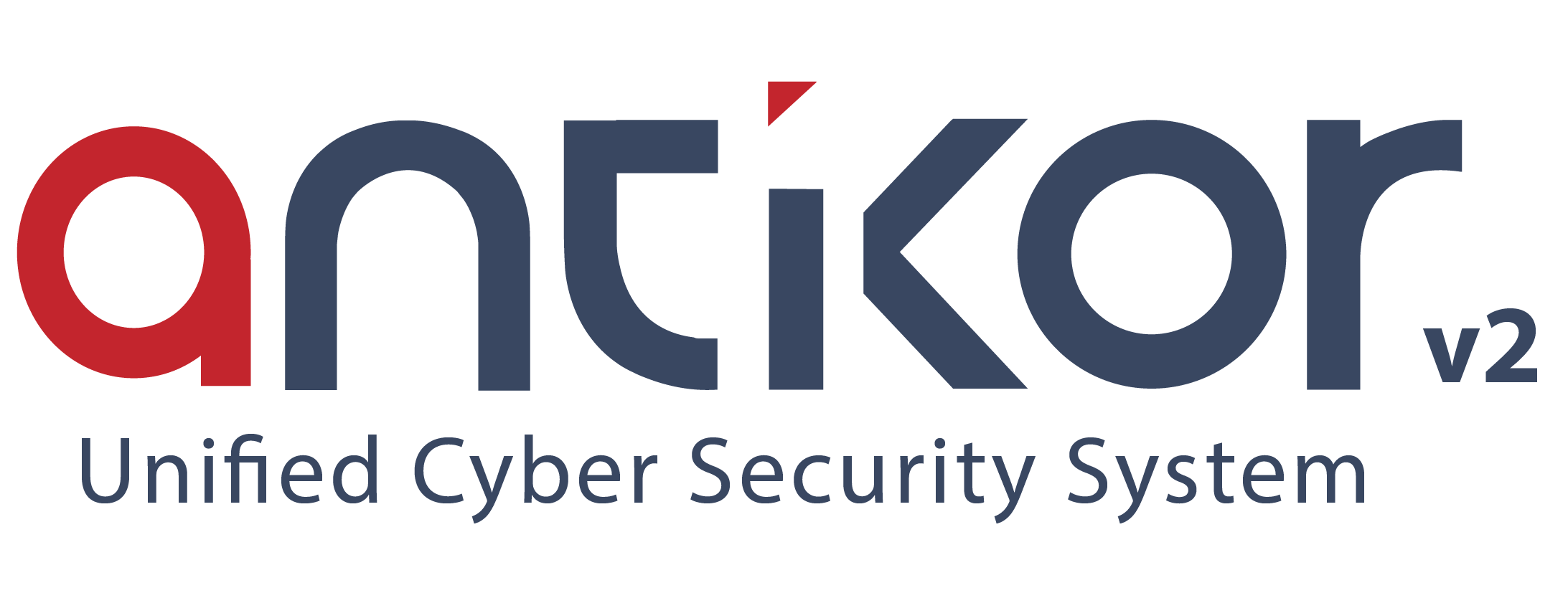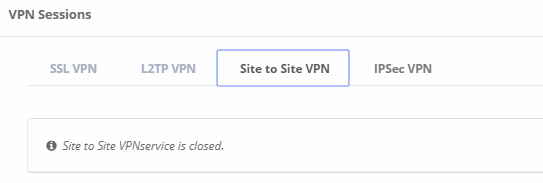Vpn Sessions
This section showes real-time status of persons who are connected to the System through VPN (L2TP - PPTP). This section also shows the IP address to which they are connected and IP addresses that they get from the system.
SSL VPN
IPSec VPN (Internet protocol security-based virtual private network) ensures that the connection is secure with the included IPsec protocol. However, its application difficulties and high cost make it difficult to use this technology. Therefore, IPsec VPN is replaced by SSL VPN (Secure Sockets Layer Virtual Private Network) Technology, which is easier to manage and more economical.
SSL VPN provides the following situations::
- All networks connected by VPN work as if they are on the same network.
- A network architecture that is fast and cost only installation is formed. No license fee is paid for the user or the software.
- No additional equipment is required.
- SSL-certified encrypted communication is provided between institutions, branches and regions.
- A centrally manageable network structure is provided between the center and other locations.
- Networks consist of a data transmission environment that is secured by SSL technology without changing the local network infrastructure or IP addresses.
- Access permissions can be assigned differently by the administrator, thus restricting access to some resources.
- Restricting access is a security measure. For example, a company may want to grant a partner access to network resources only during weekday office hours. Thus, the system is always kept under control.
L2TP VPN
VPN (Virtual Private Network): VPN allows us to communicate on the public internet, connected to a private network.
At the same time, VPN hosts many cryptography algorithms, ensuring that communication is secure.
PPTP allows multiple protocol traffic to be encrypted and then encapsulated with an IP header to be sent over a public IP network, such as the IP network or the Internet. PPTP can be used for remote access and site-to-site VPN connections. When the Internet is used as a public network for VPN, a PPTP server is a PPTP-enabled VPN server with two interfaces, one on the Internet and the other on the intranet.
L2TP allows multiple protocol traffic to be encrypted and then sent over any media that supports point-to-point datagram delivery, such as IP or asynchronous transfer mode (ATM). L2TP, Cisco Systems, Inc. it is a technology developed by, consisting of a combination of PPTP and layer two forwarding (L2F) protocols. L2TP gets the best features of PPTP and L2F.
Site to Site VPN
Site to site VPN enables businesses to communicate securely through a shared network of offices or other organizations located at multiple locations. It works as a site to site VPN and internet-routed WAN connection defined on the router positioned on the remote office internet outlet. When networks establish a mutual connection over the internet, one of these routers forwards packets to another router via a VPN connection.
IPSec VPN
Internet protocol security(IPSec) is a protocol that provides protection for communications provided using Internet Protocol(IP) by using authentication and encryption for each packet. IPsec, through its protocols, has the authority to perform mutual verification at the start of the session and key changes during the session. It is used to maintain the flow of data in the connection between two client(host-to-host), between two security gates(network-to-network), between a security gate and a computer(network-to-host).

ePati Cyber Security Co.

Mersin Üniversitesi Çiftlikköy Kampüsü
Teknopark İdari Binası Kat:4 No: 411
Posta Kodu: 33343
Yenişehir / Mersin / TURKEY
Web: www.epati.com.tr
e-Mail: info@epati.com.tr
Tel: +90 324 361 02 33
Fax: +90 324 361 02 39




